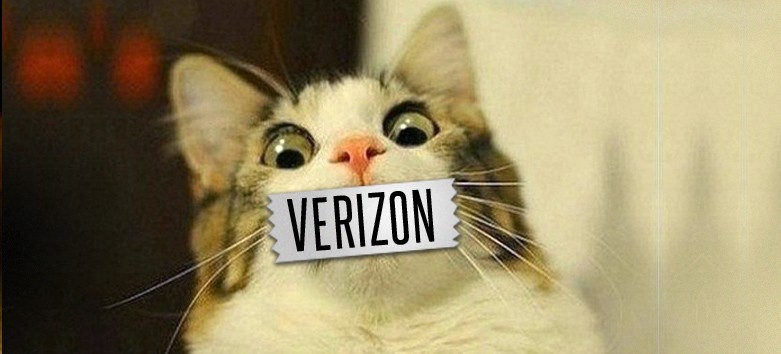
FCC Defends Net Neutrality, Says Verizon Is No Internet Editor
Telephone and cable companies keep dreaming up new ways to close down your access to the Internet. This week, the court case over the Federal Communications Commission rules designed to prevent that kind of behavior moved to its next phase.
In July, Verizon teamed up with wireless carrier MetroPCS to challenge the FCC’s right to craft and enforce Net Neutrality rules. After attacking the agency’s legal authority to adopt even basic consumer protections for broadband access, these companies went on to claim that they themselves have the right to edit the Internet.
The companies are currently arguing their case in the D.C. Circuit Court of Appeals. Acknowledging that their clients “transmit the speech of … millions of individuals” every day, their lawyers claimed that “broadband providers possess editorial discretion” to feature some speakers — and block others.
That wasn’t their only breathtaking assertion. The lawyers insisted that Net Neutrality rules amount to government seizure of property that rightfully belongs to the Internet service providers. The lawyers also characterized Internet users’ communications as electronic signals that “physically invade” and “permanently occupy” ISPs’ networks. (How’s that for a customer service mantra? “Pay us a ton, and we might even let you use our service and ‘invade our networks.’ If we feel like it.”)
This week, the FCC fired back. In its brief, the agency agreed with the position taken by Free Press and others that led to the adoption of its Open Internet rules in the first place. The FCC demonstrated that ISPs are neither speakers nor editors when they transmit their customers’ emails or data from other companies’ websites. Instead, ISPs are “conduits” that “transport the speech of others”— so they must provide access to all lawful content on the Internet.
The FCC also refuted Verizon’s claim that its freedom of speech trumps Internet users’ right to the same. The agency explained that an ISP has “no plausible claim” to be a speaker or editor when it is simply enabling customers’ access to their chosen Internet content. The FCC’s court filing also made clear that the no-blocking and non-discrimination Net Neutrality rules on the books today do not interfere with any message Verizon or any other company wants to communicate on its own website or in communications with its own customers.
Even if the First Amendment did apply to Verizon’s “transport and conduit” functions — which it pretty clearly doesn’t — the Net Neutrality rules would still pass muster under the Constitution. Applying the test that courts use to analyze government actions that might impact speech rights, the FCC’s brief outlined the substantial interests the government had in adopting these particular rules.
Net Neutrality protects freedom of expression for Internet users as opposed to ISPs like Verizon. It drives investment and innovation on this open platform and economic engine that we call the Internet. And it fosters competition not only among ISPs, but between phone and cable company services on the one hand and innovations like Netflix or FaceTime on the other. Weighed against “the minimal effect (if any)” on the speech of ISPs themselves, Net Neutrality clearly balances out as the right choice.
Citing all of these benefits that preserving an open Internet brings, the FCC’s response defended the agency’s legal authority to adopt the rules. It found a basis for them in several statutes that direct the Commission to promote the deployment of advanced services like broadband Internet access, as well as laws that give the agency clear power to regulate the airwaves used by wireless providers and to promote competition in communications services.
It’s no secret that Free Press thought the FCC’s Open Internet order could have been even stronger, both in its coverage of mobile wireless services and the legal grounds that the agency articulated. But the rules we have in place today are necessary to keep the Internet open for free expression and innovation.
In early October, other parties defending the FCC’s rules will have a chance to file their arguments with the court, and then Verizon will get one last shot just before Thanksgiving to explain why we should all trust the company to edit the Internet for us. After that, it’s on to oral arguments in front of the D.C. Circuit sometime in the new year, and a decision from the court likely in the first part of 2013.
In the meantime, Free Press will continue fighting to keep and make use of the rules we have today while working to strengthen those rules down the road.
If you'd like to support our fight to protect and strengthen the Net Neutrality rules, please consider a donation to the Free Press Action Fund.